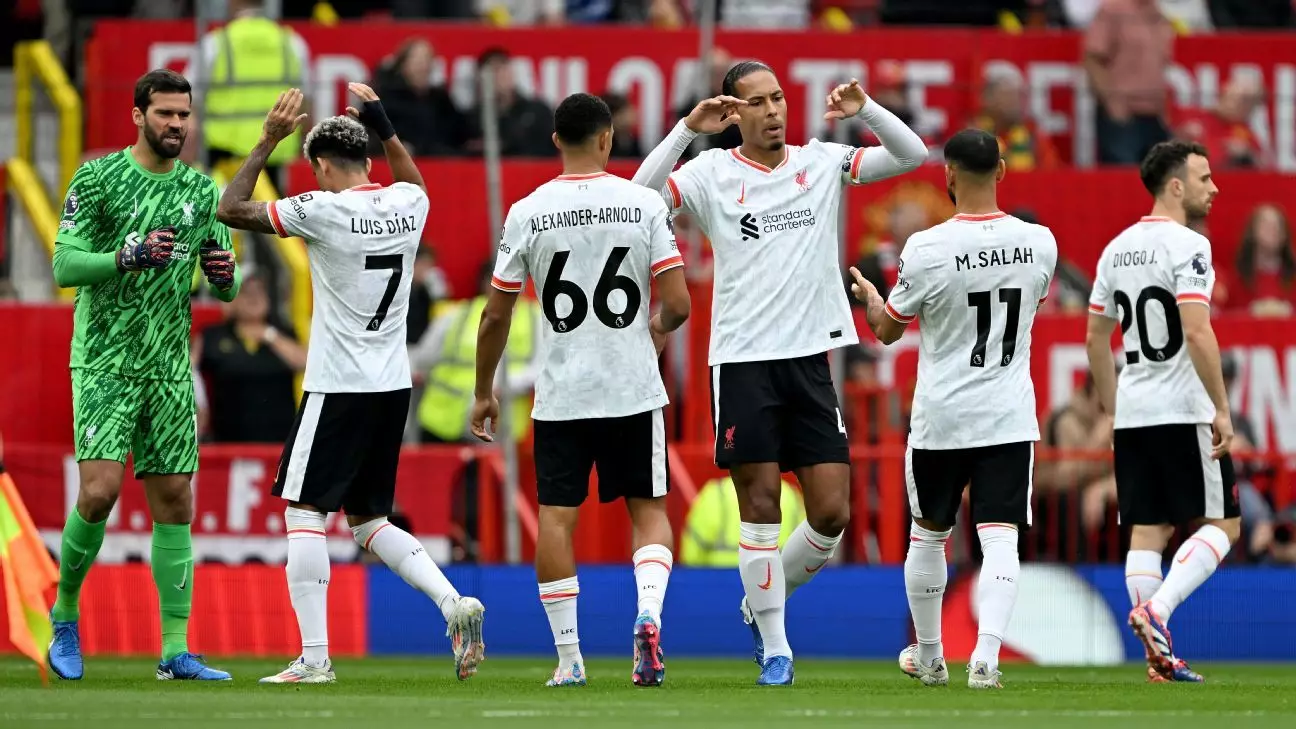In an unprecedented move aimed at facilitating player mobility, FIFA has announced interim transfer rules that will significantly impact the upcoming Club World Cup scheduled for June and July in the United States. These changes are not merely administrative; they represent a strategic effort by FIFA to adapt to the evolving landscape of professional football, especially in a world still adjusting to the aftermath of the COVID-19 pandemic. By allowing players whose contracts are set to expire on June 30 to sign early as free agents, FIFA is reshaping the approach to team dynamics and player strategy ahead of one of football’s most prominent tournaments.
Among the numerous benefits of the new regulations is the opportunity for clubs to acquire high-profile talent that would otherwise be unavailable. Teams such as Real Madrid, Manchester City, Bayern Munich, and Paris Saint-Germain stand to significantly bolster their rosters as they prepare for the competitive challenges of the relaunched tournament. Notably, players like Mohamed Salah, Trent Alexander-Arnold, and Virgil van Dijk are now on the radar as potential signings that could dramatically enhance their new clubs’ prospects in the tournament. This change not only promotes competitive play but also adds an element of intrigue, as fans anticipate these high-stakes moves.
FIFA’s intervention also allows for a short, exceptional transfer window from June 1-10, during which preliminary agreements between clubs could enable new signings to take the field for a two-week period before their current contracts expire. This stipulation could significantly influence the strategies of various teams, as coaches and management will need to plan meticulously on how best to integrate new talent into their setups in a very narrow time frame.
The Complexities of Pre-Tournament Transfers
While the interim rules have been well received, they also introduce complexities—most notably, the challenge of managing player transitions throughout an active tournament. For instance, should a player like Kylian Mbappé find himself in a scenario where his contract with Paris Saint-Germain expires just before the tournament, questions about his representation would arise if he is contracted to another team by then. FIFA has recognized these potential pitfalls and has made provisions that could see players with expired contracts sign brief extensions to facilitate their participation in the tournament, ensuring that they can remain available for their respective teams without interruption.
Further complicating the player transfer landscape is FIFA’s decision to modify existing rules that dictate player availability for national duties. This exemption allows clubs more flexibility concerning player selection, particularly for U.S. and Mexico players who may have initially been slated for international fixtures during the Gold Cup scheduled around the same timeframe. Balancing club and national commitments presents an additional layer of complexity, making it essential for coaches at both the club and national team levels to work collaboratively to field the best talent during critical competitions.
The Broader Context: Learning from History
FIFA’s recent amendments echo prior adjustments made during the disruptions caused by the COVID-19 pandemic, where the traditional football season was significantly altered. Such flexibility has proven necessary for maintaining the integrity of competitions and ensuring that clubs can remain competitive despite external pressures. The lessons learned from these challenges have positioned FIFA to enact these new rules with a forward-thinking perspective, one that acknowledges the necessity of change within the sport.
The upcoming Club World Cup is set to be held in 12 stadiums across the U.S., and as teams finalize their rosters, the anticipation surrounding the tournament continues to build. The involvement of notable clubs alongside local champions like the Seattle Sounders and other teams from the Concacaf region underscores the significance of this landmark event. Ultimately, FIFA’s interim transfer rules signify a profound shift in football’s operational landscape, ushering in new opportunities and challenges that will shape the sport’s future trajectory.

